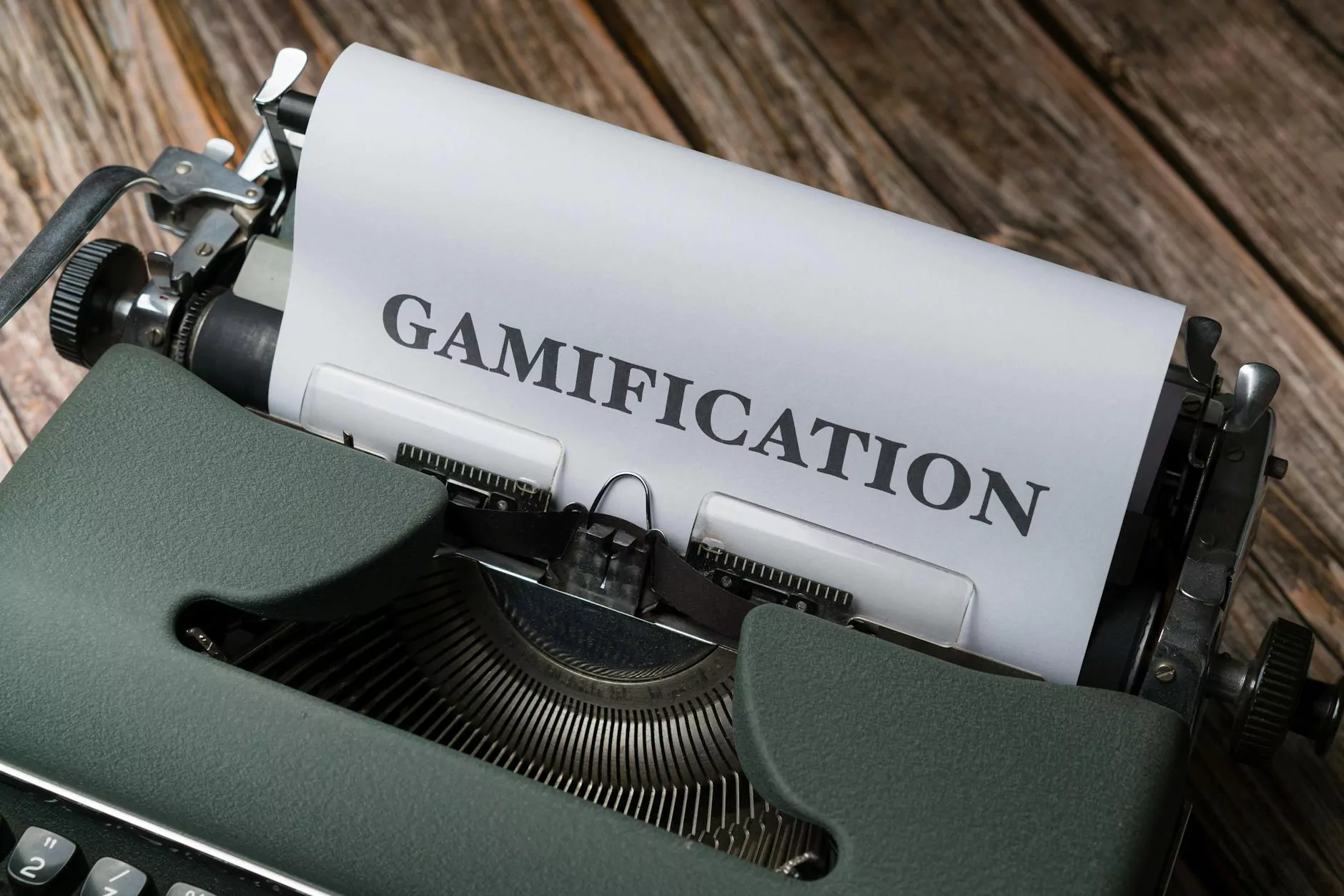Is Password Security Awareness Dead?

In today's digital landscape, where hackers and cybercriminals are becoming increasingly sophisticated, the question of whether password security awareness is dead often arises. As a leading provider of visual arts and design services, Beyond Digital Graphix recognizes the significance of protecting personal and sensitive information online. In this article, we shed light on the importance of password security and provide valuable insights and tips to help you safeguard your online accounts.
The Importance of Password Security Awareness
With the prevalence of online activities, password security has become paramount. Weak or compromised passwords can lead to unauthorized access, identity theft, and financial loss. By raising password security awareness, individuals and businesses can mitigate the risk of such unfortunate events. It is crucial to understand that password security is not a one-time action but an ongoing process that demands attention and diligence.
Common Password Mistakes to Avoid
When it comes to creating passwords, many people make common mistakes that compromise the security of their accounts. By avoiding these mistakes, you can significantly enhance your password security:
- Using easily guessable passwords: Avoid using obvious passwords such as "123456" or "password." These passwords are easy for hackers to crack.
- Using personal information: Do not use personal information like your birthdate, name, or address as passwords. This information can be easily obtained by cybercriminals.
- Using the same password for multiple accounts: Reusing passwords increases the vulnerability of all your accounts. If a hacker gains access to one account, they can potentially compromise all your other accounts.
- Not regularly updating passwords: As best practice, change your passwords periodically to minimize the risk of unauthorized access.
Tips for Strong and Secure Passwords
Creating strong and secure passwords is essential for protecting your online accounts. Consider the following tips:
- Use a combination of characters: Include a mix of uppercase and lowercase letters, numbers, and special characters in your passwords. This makes them more difficult to crack.
- Make it lengthy: Longer passwords provide an extra layer of security. Aim for passwords that are at least 12 characters long.
- Avoid using dictionary words: Dictionary attacks can easily crack passwords that contain common words. Be creative and opt for uncommon word combinations.
- Consider using password managers: Password managers can help generate and store complex, unique passwords for different platforms without the need to remember them all.
Multi-factor Authentication: An Additional Layer of Protection
In addition to strong passwords, enabling multi-factor authentication (MFA) adds an extra layer of security to your online accounts. MFA requires you to provide additional proof of identity, such as a unique code sent to your smartphone, along with your password. Utilizing MFA can significantly reduce the risk of unauthorized access.
Regular Password Security Audits
Regularly reviewing and updating your passwords is a crucial step in maintaining optimal security. Conducting password security audits allows you to identify weak passwords and make the necessary changes to enhance your online protection. Take the time to assess your passwords and update them regularly, supplementing them with the tips mentioned above.
Conclusion
While password security awareness may have become overshadowed by the increasing sophistication of cyber threats, it is far from dead. In fact, it has become an essential pillar of maintaining online safety. By implementing strong and secure passwords, avoiding common mistakes, and adopting additional security measures like multi-factor authentication, you can fortify your digital defenses and protect your valuable information.










